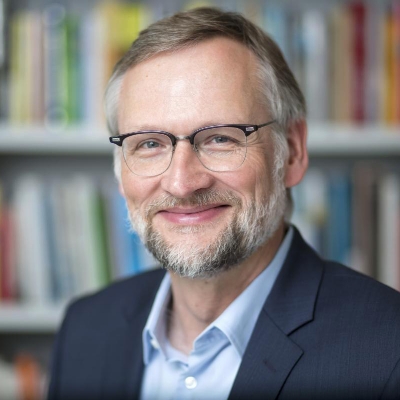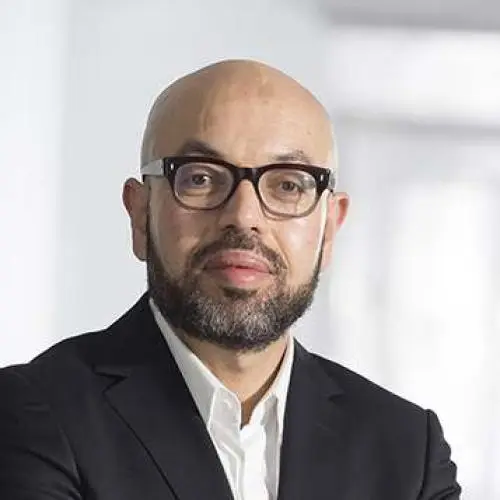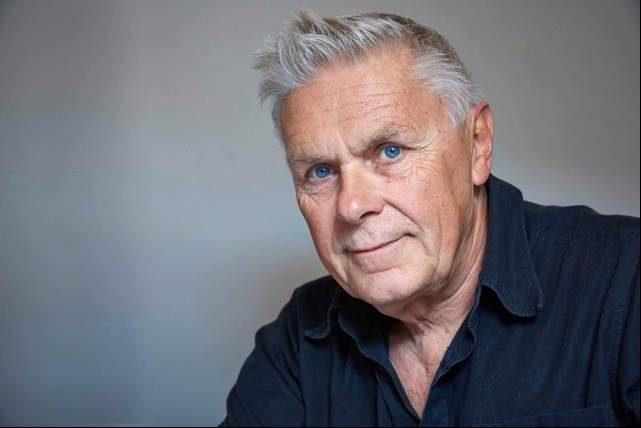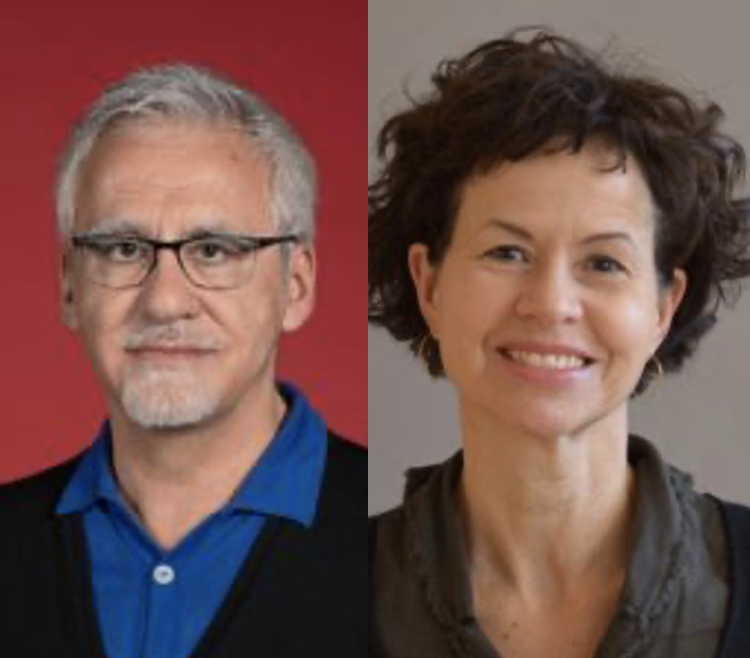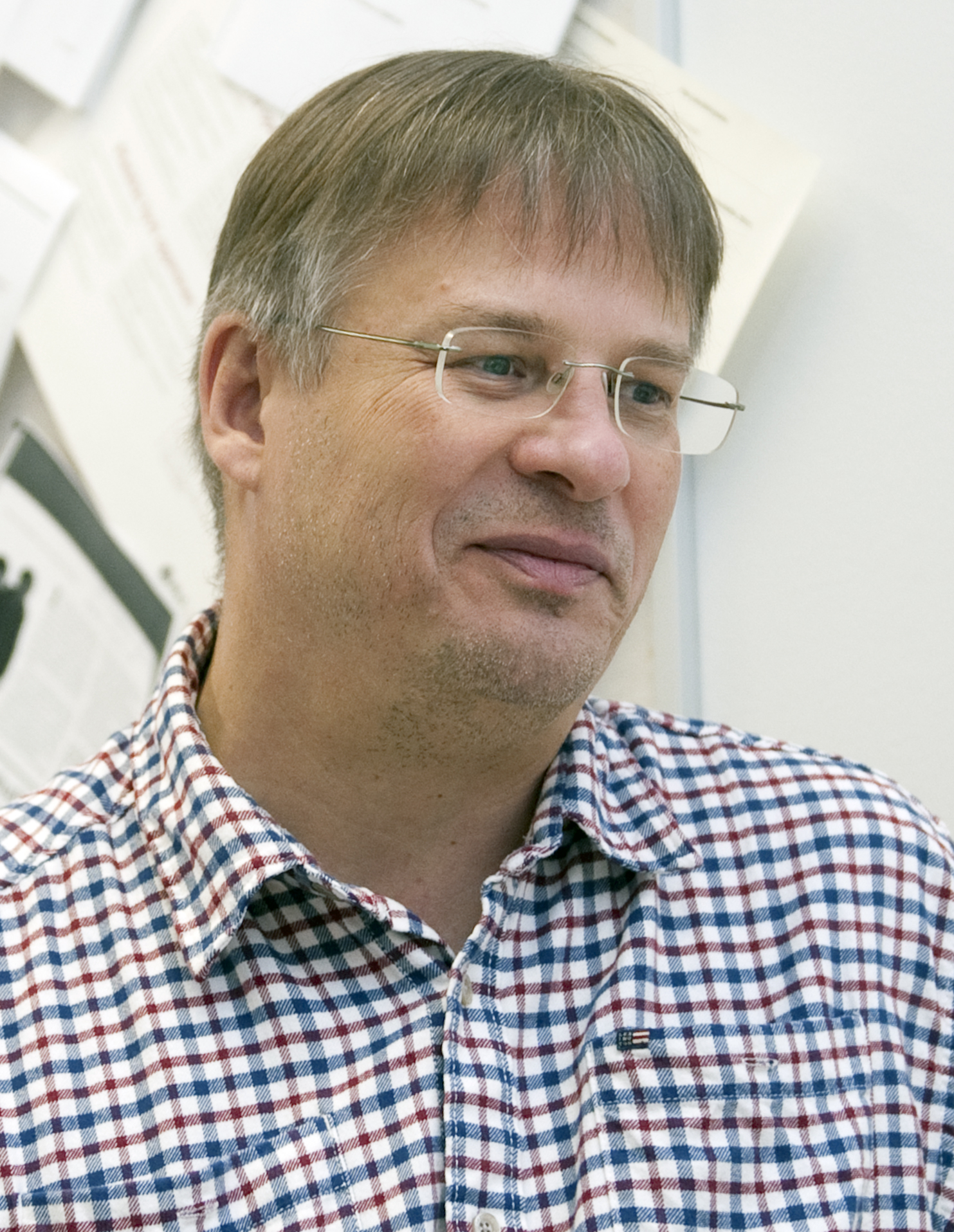We use technologies such as cookies to store and/or access device information. We do this to improve the browsing experience and to display (non) personalised advertising. If you do not consent or withdraw consent, this may affect certain features and functionality.
Technical storage or access is strictly necessary for the lawful purpose of enabling the use of a particular service specifically requested by the subscriber or user, or for the sole purpose of carrying out the transmission of a message over an electronic communications network.
The technical storage or access is necessary for the legitimate purpose of storing preferences that are not requested by the subscriber or user.
The technical storage or access that is used exclusively for statistical purposes.
The technical storage or access used solely for anonymous statistical purposes. Absent a subpoena, the voluntary consent of your Internet service provider, or additional third-party records, information stored or accessed for this purpose alone generally cannot be used to identify you.
Technical storage or access is necessary to create user profiles, to send advertisements, or to track users on a website or across websites for similar marketing purposes.
